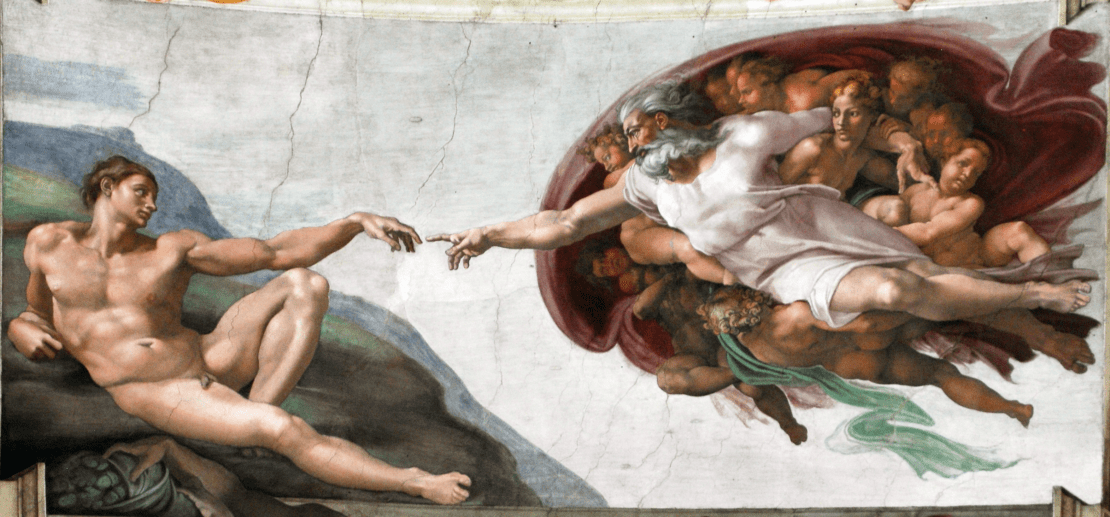On Being Human
What is a human person? Such a seemingly simple question can have innumerable responses, but which one is true? Are we a mass of atoms gliding through a complex array of chemical reactions, ever-renewed as each cell of our body is replaced? Are we a highly evolved lump of flesh with a hyper-developed nervous system that facilitates the experience of consciousness? Or are we a soul chained to an earthly body until the day this burdensome cloak is cast off and we float freely in the ether?
Surely an understanding of what it means to be a human person matters. Such a concept forms our sense of purpose and our identity, and likewise structures our activities and behaviors. Our answer to the question indeed matters — and of course, we aren’t the first ones to ask it. Philosophers and theologians throughout history have grappled with the question, and have provided some interesting responses. What does the Catholic Church, with her 2,000 years of experience, have to say on the matter? My last post explored the foundations of the Church’s perennial philosophy. Here are three points I brought up for further discussion:
I. Man is an individual substance of a rational composite (body-soul) nature. (Nature of man)
We are made in the image and likeness of God and we are therefore good. We are at the same time both corporeal and spiritual, body and spirit (CCC 362). In Genesis 2:7 God makes man from the dust of the ground (matter) and breathes into him the breath of life (the soul), making man a composite unity of body and soul (Gn 2:7). The body is human precisely because it is animated by a spiritual soul. Likewise, the soul is so completely unified with the body that the soul is said to give form to the body.
The Catechism states that for us, spirit and matter “are not two natures united, but rather their union forms a single nature” (CCC 365). Both ancient Gnostic and contemporary New Age spirituality fashion our souls as unwilling prisoners of our bodies. Our souls seek enlightenment to be released from the chains of matter. As Catholics, we know that our bodies are good, created by God in a composite unity with our souls. The resurrection will be a reunification of our soul with our body after death. This means that creation is not fully complete until both our soul and body are joined together as one in the perfection of heaven. Unlike New Age teaching, we are only complete when we are one unified whole.
II. Because of his composite nature, he experiences reality directly and can come to abstract or universal knowledge about reality through the faculties of his nature. (Man can know God)
All persons are creations of God endowed with intellect, reason, and sense perception. As human persons, we actively seek truth and an understanding of our creator, his universe, and our relationship to both. Through reason and our senses, we are capable of knowing ourselves, our neighbors, the created order, and God. By applying our intellect and reason to the information we receive through our senses, we come to understand both naturally and divinely revealed truths. The Catechism of the Catholic Church states that “by his reason [man] is capable of understanding the order of things as established by the Creator” (CCC 1704).
The Catechism also notes that we have two primary ways of coming to know about God: by examining the world and by examining ourselves. Every creation of God inevitably reveals the Creator (CCC 31). St. Paul affirms this when he says that the Gentiles, before knowing Christ, knew of God by applying their innate abilities of reason and sense perception to the world around them, “For what can be known about God is plain to them because God has shown it to them. Ever since the creation of the world, his invisible nature, namely, his eternal power and deity, has been clearly perceived in the things that have been made” (Romans 1:19-20). Through sense information gathered from creation, we abstract the universal truths of creation, natural law, and the Divine truths that God has revealed.
The second way we can come to know God is by examining our own internal nature and deepest longings. Through these inner experiences, we sense that we cannot find our ultimate fulfillment here in this world. Who hasn’t experienced the profound longing of the heart for something this world cannot provide? With our reason and senses directed inward, we come to see that our happiness and fulfillment can only be found in an eternal reality. Through this particular innermost experience, we come to know the universal God, for the soul which only finds fulfillment in the eternal can only have its origin and end in God (CCC 33). Through our own God-given powers we are capable of knowing God when we honestly look at the world and ourselves.
III. A person is fulfilled by perfection (excellence) of his capacities (bodily-spiritual) for the purpose of living his vocation well for the love of God. (Ultimate end of man)
This speaks to man’s ultimate end, his telos, his fulfillment. The Catechism states, “True happiness is not found in riches or well-being, in human fame or power, or in any human achievement — however beneficial it may be — such as science, technology, and art, or indeed in any creature, but in God alone, the source of every good of all love” (CCC 1723).
Satan tempts Jesus when he is in the desert with pleasure, power, and pride; in the same way, we are all tempted to turn away from God in pursuit of these earthly ends. We often learn the hard way that our fulfillment will not come from any riches, fame, or achievement, but only in God alone. All seekers eventually come to know the truth of St. Augustine’s often-quoted line, “Because you have made us for yourself, our heart is restless until it finds rests in you” (Confessions 1.1.1). Our only fulfillment is to live out our calling to love and serve God.
A vocation is the call of goodness and truth that we all hear, but that we live out in a personal way. We are all called to truth, goodness, and beauty in our relationship with God and those around us. Through our call in our relationships, work, service, and leisure we are asked to perfect our bodily and spiritual capacities, to better live out our vocation out of love for God. The call to perfection is a call to continuous striving for holiness, and that holiness comes from the regular practice of the virtues. The practice of virtue trains our senses and interior powers to always seek the highest good, conforming us to God. Of course, perfection is not possible without God’s constant assistance.
In summary, we are created good, in the image and likeness of our Creator who loves us. We are a unified whole of body and spirit. We are naturally endowed with reason and intellect, as well as other important abilities. Through these abilities, we can come to understand the nature of creation and ourselves. In this way, we come to know God. God for his part has revealed himself to us, and we have the capacity to understand that revelation in the person of Jesus Christ and the Church he founded. Our ultimate purpose is union with God in heaven, and we work toward that end by perfecting our capacities through the practice of virtue with the help of God. Each day, we live out our particular calling, all directed and ordered to the love of God.
We will continue examining the question of what a human person is in future blog posts. A clear knowledge of what we are will allow us to better understand our relationships, our longings, and the ultimate ends of our desires.


